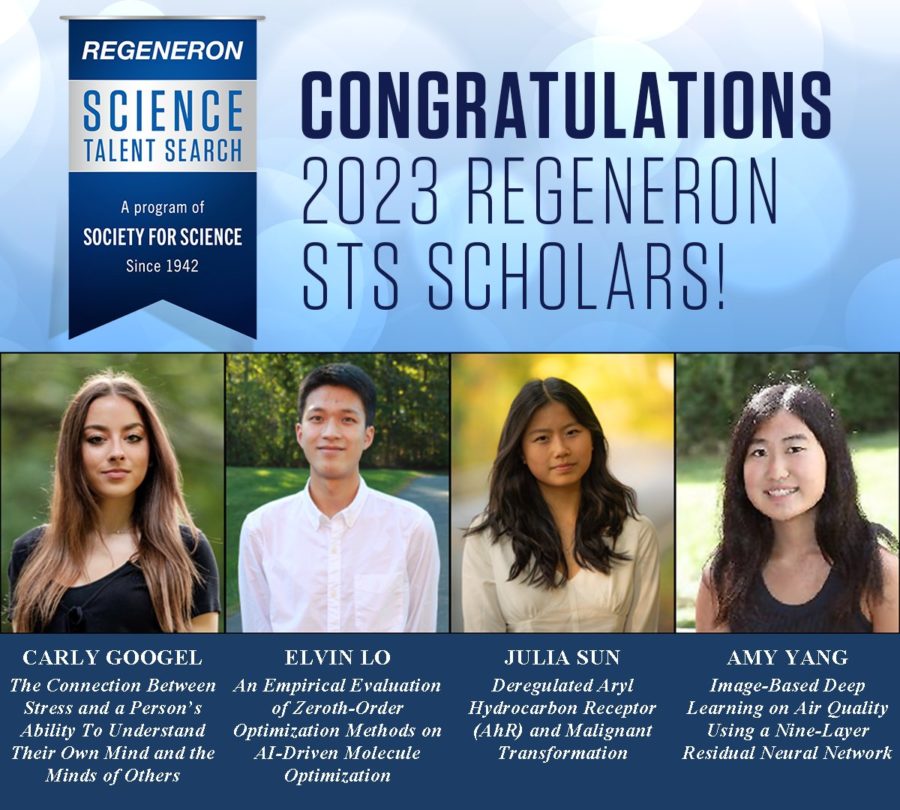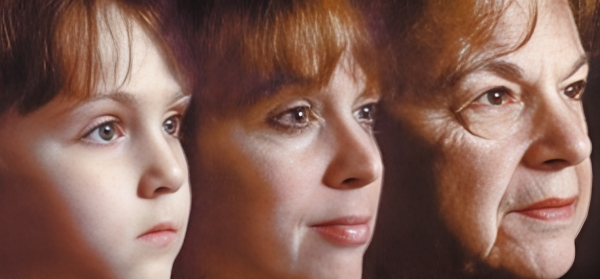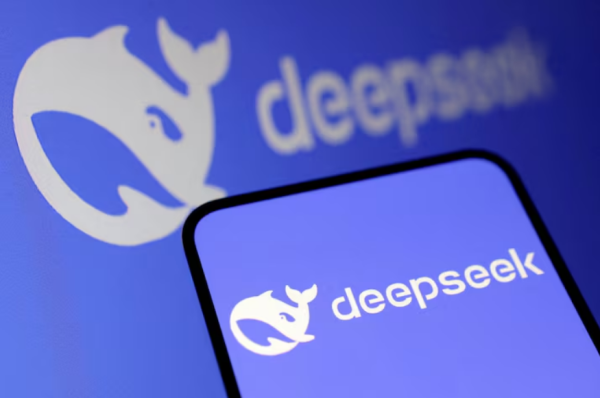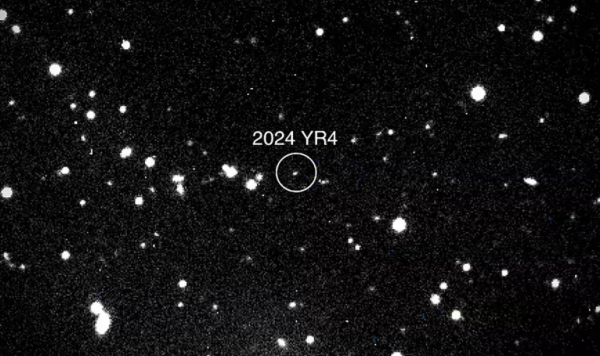The Science Scholars of Greeley
Regeneron Top 300 Scholars
The Science Research Program at Greeley provides participating students the unique opportunity to conduct research on a scientific area of their choice, and fosters valuable research skills that students can utilize now as well as in the future.
For seniors in the program, a substantial part of their experience is the Regeneron Science Talent Search Competition (STS), a research fair where students from all over the U.S. submit their studies. This year, STS had 1,949 applicants from 627 high schools. Of these applicants, 300 students were chosen as “Top Scholars,” meaning their research was deemed exceptional and awarded spotlight. This year, four Greeley seniors placed as Regeneron Top 300 Scholars for this competition, an incredible achievement that highlights a student’s research skills, academic abilities, and futuristic thinking. Congratulations to seniors Carly Googel, Elvin Lo, Julia Sun, and Amy Yang!
Each of these four seniors conducted their research in different areas. Before delving into their respective projects, each built a relationship with an expert in their field of study, known as their mentor.
Googel, who researched remotely and frequently zoomed in with her mentor, used a survey to study how stress impacts a person’s ability to mentalize, or understand their own mind and the minds of others. She found that when people are stressed, they struggle to understand the thoughts and feelings of others, and themselves, thus exhibiting more negative emotions.
Lo, who did his research remotely with a mentor from IBM, studied the applications of artificial intelligence (AI) in speeding up drug discovery by investigating a class of methods called zeroth-order (ZO) optimization. ZO optimization can aid in the discovery of new organic molecules with important properties. He found that ZO-signGD, which is a specific ZO optimization method, outperforms other methods of accelerating drug amelioration.
Sun, who conducted her research at the NYU Grossman School of Medicine, studied the aryl hydrocarbon receptor (AhR), a transcription factor, and its role in metabolism and DNA damage, which is important for understanding how cancer works.
Yang, who conducted her research remotely with a mentor at IBM, built a machine learning model that is able to detect levels of pollution after analyzing webcam images. Her project acts as a novel method of air quality monitoring with lowered costs and improved performance compared to past models.
Each of these projects is very impressive, and in Yang’s words, “not many students can say they wrote a research paper in high school.”
Beginning in a student’s sophomore year, the science research track at Greeley is a three-year long program taught by Dr. Papernik, Dr. Argiros, and Mr. Mulick. The course is a substantial commitment, but according to these seniors, the collaborative and supportive environment in research classrooms makes the experience worth it. Sun cites the encouragement from her peers as helpful towards her research, as “[she’s] been surrounded by classmates who inspire [her] and are always willing to help.” Whether students are interested in molecular biology, animal behavior, astronomy, psychology, computer science, or any other area of STEM, they are encouraged to dive deeply into these fields of study and pursue something new through their research.
Dr. Argiros describes the program as taking place in “an unconventional type of classroom,” since “in a science research lab, [students are] really on the edge of science and discovering something, which is extremely exciting.”
When asked about her experience, Yang states that “the science research teachers are also very knowledgeable and have played a big role in [her] continual growth and development as a researcher, student, and person.” Their careful guidance and dedicated supervision allows students to thrive as upcoming researchers and become successful with their goals.
According to Dr. Papernik, “the skills students learn in Science Research are very important life skills. These include learning how to send [out cold] emails and communicate professionally, how to have good time management, and how to effectively present their results.” Indeed, it is admirable to see how students can take small ideas and turn them into research projects, becoming experts who then share with their community and apply learned skills throughout the rest of their lives.
When asked about the Regeneron Science Talent Search Competition application process, all four of Greeley’s Top Scholars agreed that it was a lengthy and difficult process, but yielded a high reward. Lo explains that the submission consists of multiple short questions about conducted research, essays similar to college supplements, and the submission of a research paper depicting results and study implications. The research paper is the main part of the application, as it describes the applicant’s research in depth, including exactly what they did, their results, and applications. There are also many essays about a variety of topics relating to the applicant’s academic and extracurricular lives and questionnaires relating to their research processes.
Googel, whose completed application totaled 104 pages, shares that “Regeneron is looking for the next ‘leader in STEM,’ so they try to get to know their applicants as more than just their research, in a more holistic approach.” Those who finish the application process accomplish an impressive feat in itself, as it demonstrates creativity, futuristic thinking, and determination.
For Googel, Lo, Sun, and Yang, their science research journey is just beginning. All four seniors plan to continue researching in college and perhaps even beyond their academic years. Starting research in high school has sparked a deep passion and appreciation for the sciences — each and every student in the Science Research program deserves a round of applause for their hard work and dedication. To the Regeneron Top 300 Scholars, congratulations!






